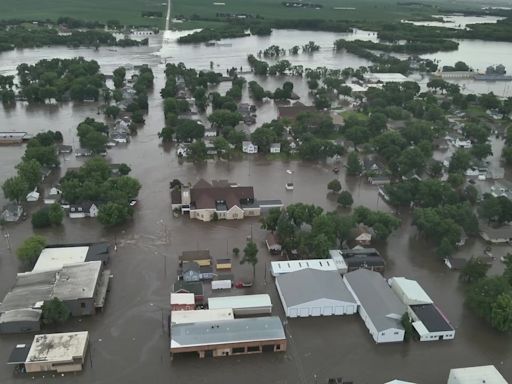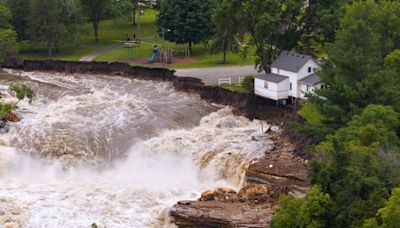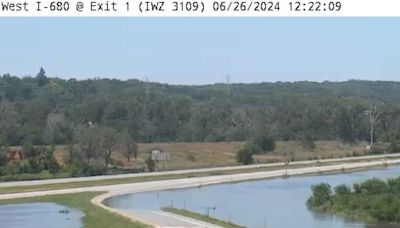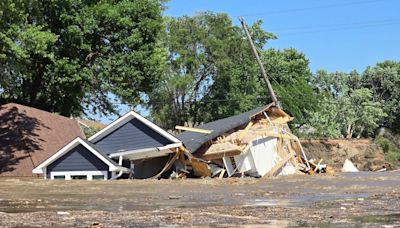Search results
- DictionaryLev·ee/ˈlevē/
noun
- 1. an embankment built to prevent the overflow of a river.
People also ask
What is levee?
What is a natural levee?
Who held a levee?
What is a presidential levee?
Why are levees important?
Where are levees built?
Learn the different meanings and uses of the word levee, from a reception held by a person of distinction to an embankment for preventing flooding. See synonyms, examples, word history, and related entries.
levee. / lĕv ′ ē /. A long ridge of sand, silt, and clay built up by a river along its banks, especially during floods. An artificial embankment along a rivercourse or an arm of the sea, built to protect adjoining land from inundation.
A levee (/ ˈ l ɛ v i / or / ˈ l ɛ v eɪ /), dike (American English), dyke (Commonwealth English), embankment, floodbank, or stop bank is a structure used to keep the course of rivers from changing and to protect against flooding of the area adjoining the river or coast.
A levee is a wall built next to a river to prevent it from overflowing. Learn more about the meaning, usage and pronunciation of levee, and see examples and translations in different languages.
A levee is a wall built next to a river to prevent flooding. Learn how to use this word in sentences and find out how to say it in different languages.
Learn the meaning and usage of the word levee, a low wall or a place on a river, with examples and pictures. Find out the word origin and how to say it in North American English.
Levee can mean an embankment to prevent flooding, a landing place on a river, or a formal reception. Learn the difference between levee and levy, and see translations and synonyms.




